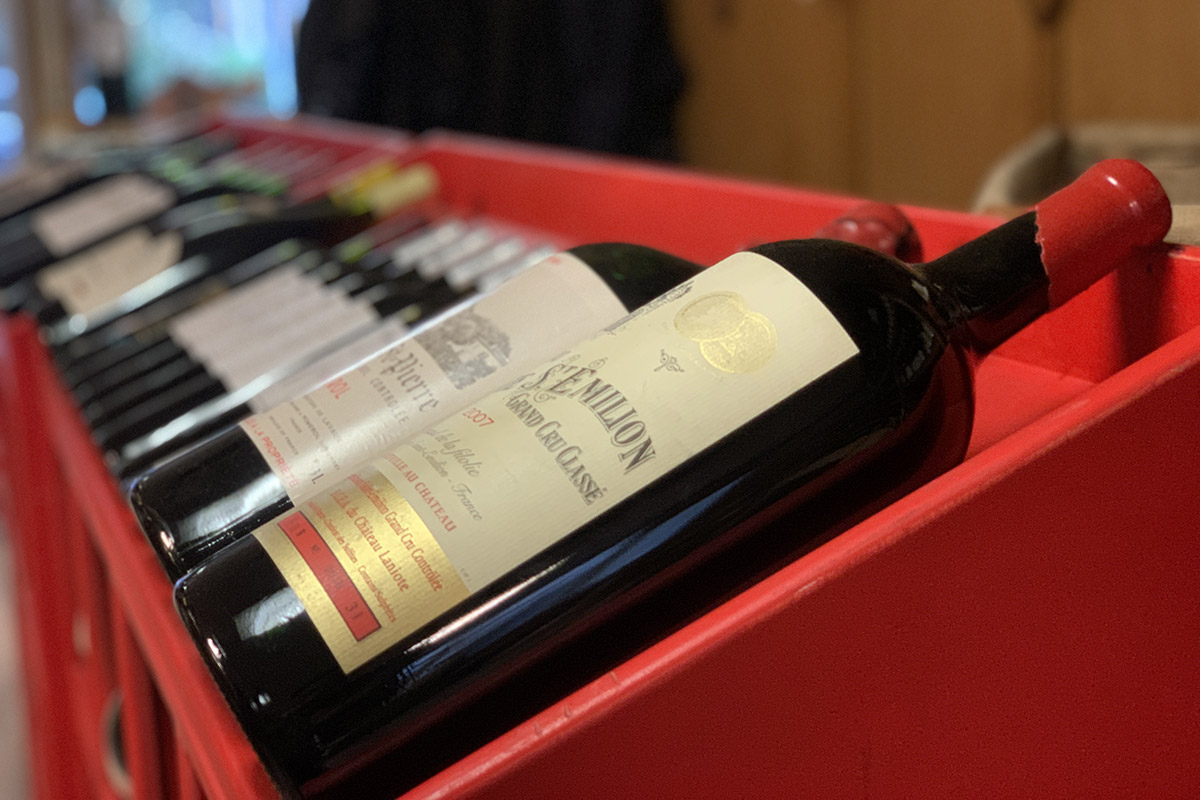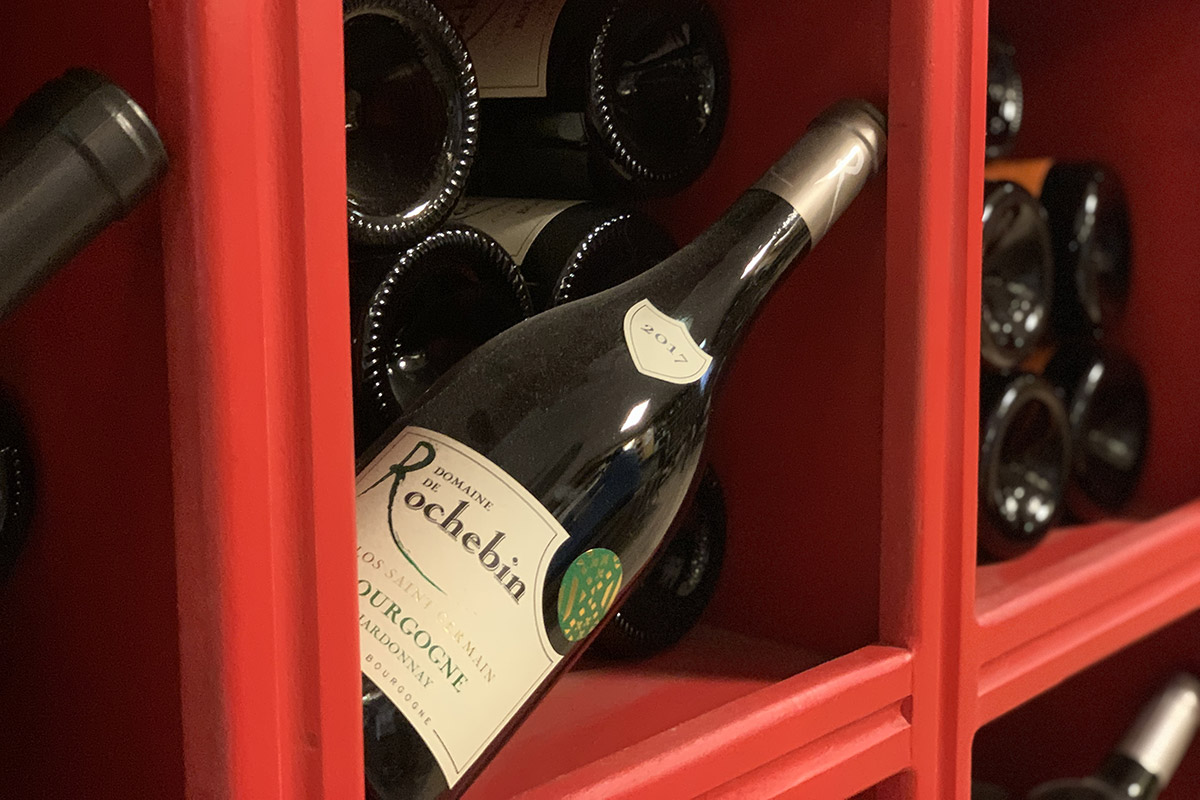Table of contents
If you’re just getting into the exciting pastime of wine collecting, you might be wondering about wine tasting, which is an important component of selecting the best wines for your collection.
You are no doubt familiar with the classic image of the wine connoisseur, smelling the wine before swishing it around in his or her mouth, but do you understand exactly what is going on there?
This guide will walk you through the process of tasting wine like a connoisseur, so you can learn to identify the wines that will make your collection into something truly special.

First, Focus on the Color
The first part of tasting a wine is analyzing the color. Pour the wine in a clear glass and let it settle for a few minutes. Red wine can range from pale red to an almost brownish color. White wine looks yellow, greenish, or even a tan-brown color. The precise color is determined by a lot of factors, and is different for every kind of wine.
The colors of wine also changes over time as the wine is maturing. At first, the color of the wine will hold no meaning for you. However, as you gain experience as a taster, you will start to associate different colors with different tastes. Eventually, the color of a wine will start to tell you things about how mature the wine is, and what its flavor should be like.
Next, Use Your Nose for Wine Tasting
Your sense of smell is closely related to your sense of taste. Think about it: when you have a cold, your sense of taste suffers. To fully be able to experience the wine’s taste in all of its subtlety you are going to need the help of your nose.
Place your nose close to the wine glass and take a deep slow breath in through your nose. Doing this helps prepare your brain to be more receptive to the taste, so you can better absorb all of the flavors.

The Tasting
Take a small sip of the wine. Swish it gently around your mouth. Taste buds are located all over your tongue, and different taste buds detect different tastes. By swishing the wine around you are coating your tongue thoroughly in it, making sure that all of your taste buds are involved in the tasting process. This will help you better identify the good and bad features of the wine.
In Conclusion
You will not become an expert at tasting wine overnight because wine tasting is not an easy practice to master. However, the more you practice, the more you will learn about the different tastes and the best labels.
